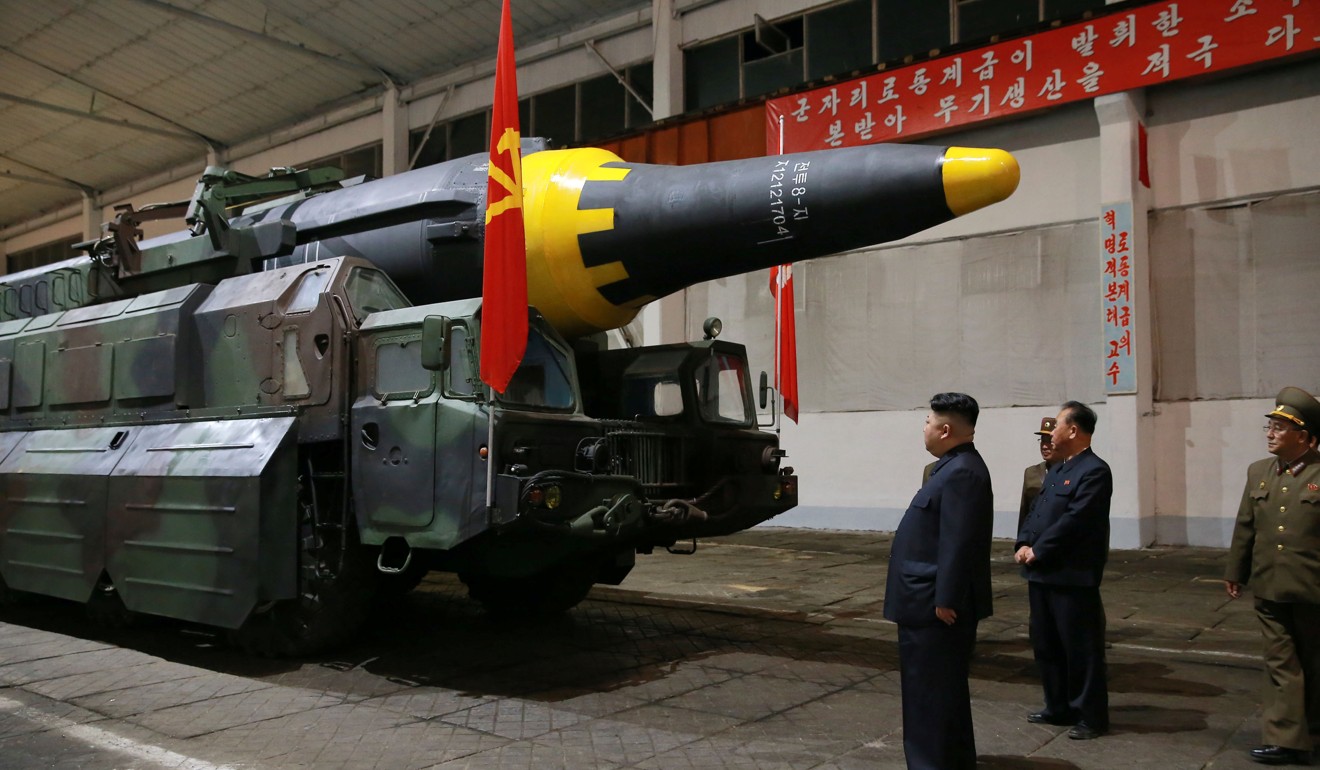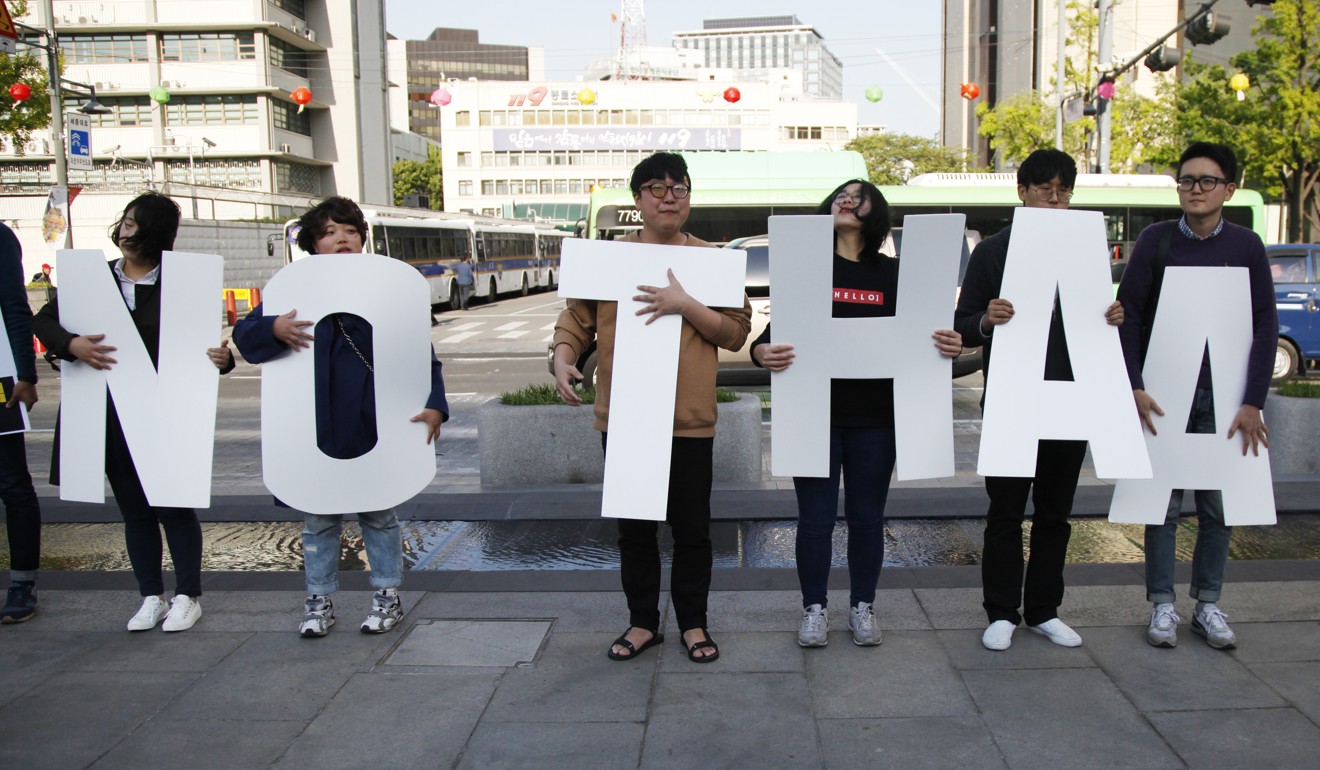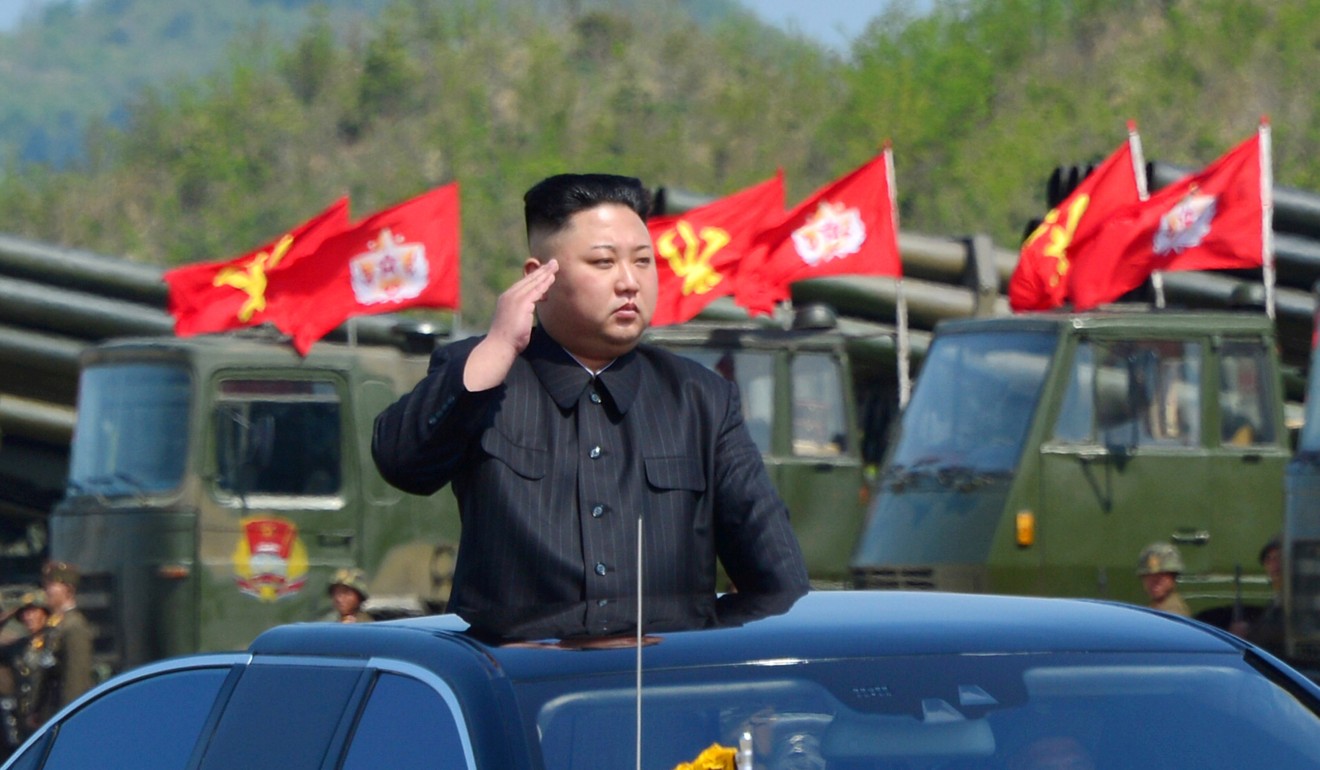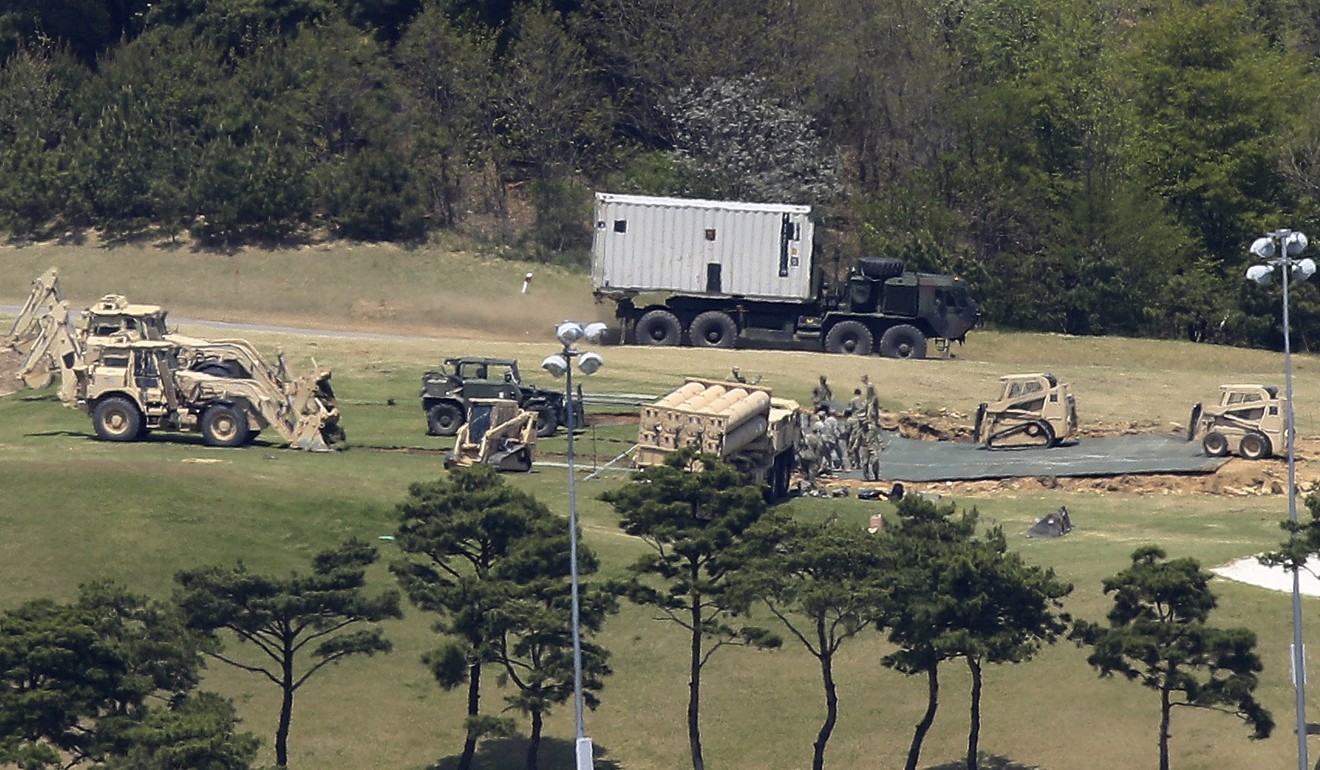
Let Japan develop nuclear weapons to lessen North Korea threat, former US Navy commander says
The suggestion of a nuclear-armed Japan would prompt China to restrain Pyongyang, said John Bird, a former US Navy commander in the Pacific
The US should agree on an expansion of nuclear weapons capabilities in the Pacific to Japan to curtail the threat posed by North Korea’s newly developed nuclear weapons capability, as such a scenario would prompt China to restrain its neighbour and traditional ally, said a former commander of the US Navy in the Pacific.
Recognising that Pyongyang will not give up its nuclear capability, the suggestion of a nuclear-armed Japan as a balancing force might also force China to back away from its demand that the US and Seoul dismantle a missile defence shield deployed by the US Navy in South Korea, retired vice admiral John M. Bird said in a presentation titled “North Korean Lessons for Japan”.

“Many thoughtful people have said we should introduce tactical nukes into the Western Pacific, making signals that Japan no longer considers the US nuclear umbrella adequate and is going their own way,” said Bird, who added that pre-emptive strikes on North Korea might be warranted under some conditions.
“Those sorts of things will pique China’s interest. Being that they’re upset about a THAAD, they’d be very upset and not like that option,” Bird added, referring to the acronym for the Terminal High Altitude Area Defence missile system. “And if they thought it was realistic, they – the PRC – might be willing to really weigh in with the North Koreans. That is only kind of diplomacy that’s going to make a difference.”
Bird and fellow panellist, the former assistant secretary of state Stephen Rademaker, addressed the new geopolitical reality that North Korea has boosted its leverage against the US and the country’s other regional foes, South Korea and Japan. Pyongyang has also asserted more independence from Beijing, which voted in favour of a new United Nations Security Council resolution earlier this month, which halts exports of coal, iron ore and other key commodities from North Korea.
North Korea’s “position is that denuclearisation is out of the question. They’ve written into their constitution that they are a nuclear-armed state”, Hademaker said. “We either have to persuade them to back off that position or we enter into a negotiation about limiting their nuclear capabilities where we’re changing our objectives … to one of limiting and constraining the size and scope of their nuclear force.”

The UN resolution sparked an escalation in militaristic rhetoric between the US and North Korea, which culminated in a threat by Pyongyang to fire missiles into waters near the US Pacific territory of Guam.
Tensions have eased for the time being since North Korea announced that it is putting the plan to fire intermediate-range missiles towards Guam on hold.
Still, upcoming joint US-South Korea military exercises scheduled for next week, an annual event for nearly 40 years, could re-ignite the war of words. North Korea’s government regularly cites the exercises as evidence that the US and its allies in the region intend to subdue Pyongyang militarily. China and Russia have also called for a halt to the US-South Korea war games, which include live-fire drills.
Watch: Trump and the North Korea threat to US
Calls for a nuclear-armed Japan have grown in recent years in spite of the country’s pacifist constitution, partly as a result of failed efforts to resolve tensions around North Korea’s threats and nuclear ambitions.
Article 9 of Japan’s post-Second World War constitution, which took effect in 1947, renounces war and prohibits Japan from maintaining the ability to wage war, according to a 2015 report by the US Library of Congress.

“However, as the United States changed its policy of demilitarising Japan, the United States asked her to share the burden of maintaining the security of Japan and, for the sake of international peacekeeping, Japan gradually increased its defence capability and developed a somewhat more technical interpretation of article 9. Article 9 does not prohibit Japan from maintaining her defence capability,” the report said.
Addressing China’s opposition to THAAD, Bird said the missile defence system doesn’t go far enough to counter the new reality of a nuclear-capable North Korea.

“We have not done enough with missile defence, and I do believe the Israelis are a good example of the level of effort we need to put into it,” Bird said. “We need to spend more effort and energy in [intelligence, surveillance and reconnaissance], hoping to identify any time North Koreans were to set up a missile. We should use our cyber capability and grow it as rapidly as we can in an effort to disrupt their command and control and grid system,” he said.
The US should also not rule out a pre-emptive attack “if we get fairly accurate information that they’re erecting a missile that may have a weapon on it”, the former Navy commander said.
The panel discussion with Bird and Hademaker was organised by the Jewish Institute for National Security of America.

